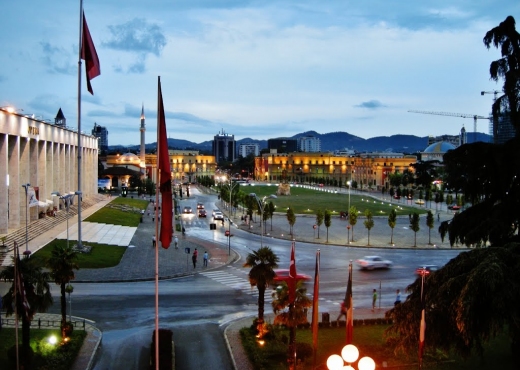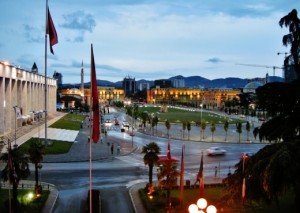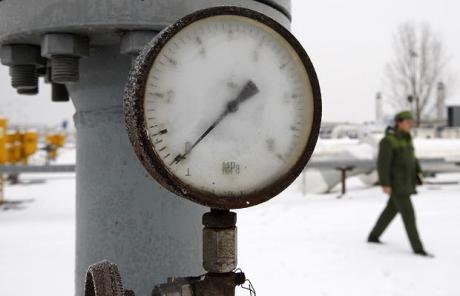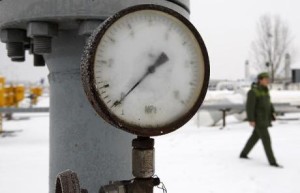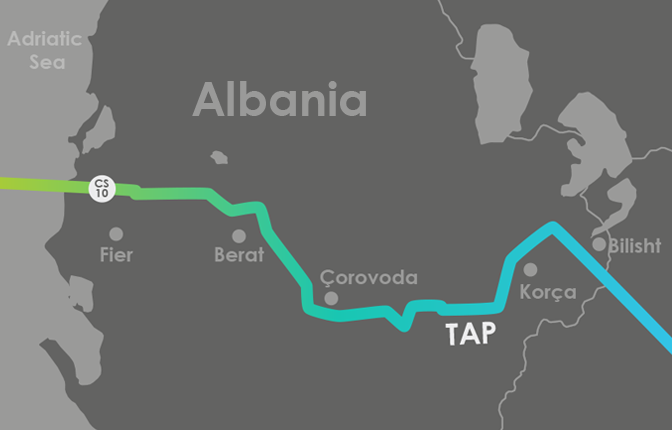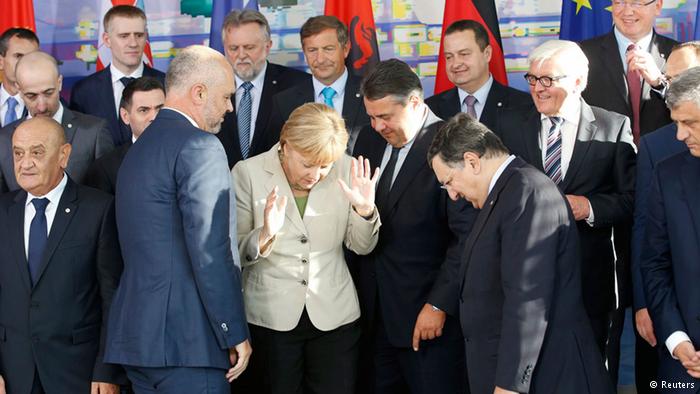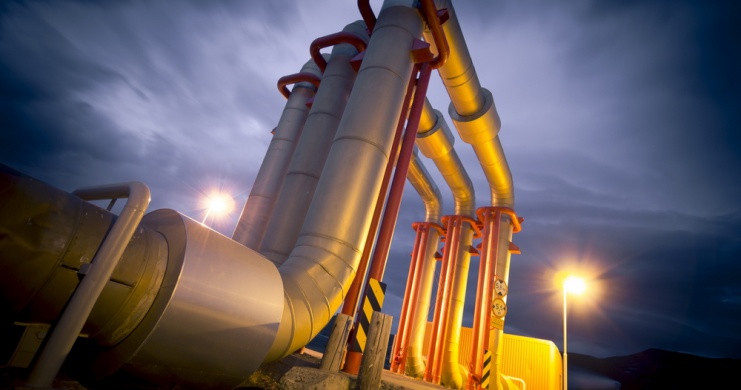
European countries join forces to create an integrated gas market
 A well connected EU energy market where energy flows freely across borders and no Member State remains isolated from the EU energy networks is a precondition for creating a resilient Energy Union with a forward looking climate policy, according to the European Commission. This will ensure secure, affordable and sustainable energy for all EU citizens and businesses.
A well connected EU energy market where energy flows freely across borders and no Member State remains isolated from the EU energy networks is a precondition for creating a resilient Energy Union with a forward looking climate policy, according to the European Commission. This will ensure secure, affordable and sustainable energy for all EU citizens and businesses.
15 EU and Energy Community countries in the Central Eastern Europe and South East European regions have agreed to work together to accelerate the building of missing gas infrastructure links and to tackle the remaining technical and regulatory issues that hamper security of supply and the development of a fully integrated and competitive energy market in the region.
A Memorandum of Understanding, which formally launches this initiative, was signed on 10 July in Dubrovnik. This will pave the way for the closer integration of the EU and Energy Community energy markets. By creating a stable regulatory and market framework, it will help improve the investment climate in the involved EU and Energy Community countries and territories.
“This region is very important for Europe, in particular when we look at security of energy supply,” said EU Commission Vice President for Energy Union Maroš Šefcovic. “The improvement of infrastructure through realistic and feasible projects is crucial to diversify energy resources and strengthen the region’s resilience to supply shocks. Cooperation among the countries of the region is key in this regard. I myself and the entire commission support this process, notably in the framework of the European Energy Union Strategy.”
“Regional cooperation is a cornerstone of our work on closer integration of energy markets,” noted EU Commissioner for Climate Action and Energy Miguel Arias Cañete, “Therefore effective cooperationbetween the countries in Central Eastern and South East Europe is key to ensuring secure energy supplies and affordable prices for consumers in the region. Whilst every country has to face its specific energy issues, addressing them together can offer cheaper and more effective solutions.”
The joint work under the European Commission initiative on Central Eastern and South Eastern European Gas Connectivity (CESEC) will not only focus on building new gas pipelines, but also on making the best use of existing infrastructure for example by allowing reverse flow. A number of infrastructure projects, such as the Trans Adriatic Pipeline (TAP), LNG terminal in Croatia and evacuation system, system reinforcement in Bulgaria and Romania, interconnectors between Greece and Bulgaria and between Serbia and Bulgaria, have been identified as top priorities in the Action Plan annexed to the Memorandum. They will help to diversify supply sources; ultimately, each Member State in the region should have access to at least three different sources of gas. These priority projects will be closely monitored to ensure their timely and resource efficient implementation. It is also important that EU rules that foster fair competition between all market players are fully implemented in the region.
In general, infrastructure projects should be financed by the market participants, but where necessary for their timely completion, the involvement of the European Investment Bank (EIB) and the European Bank for Reconstruction and Development (EBRD) will be considered by the CESEC countries. Project promoters are also encouraged in particular to make use of the opportunities offered by the new European Fund for Strategic Investment (EFSI).
The Memorandum of Understanding and its Action Plan were signed by EU Commission Vice President Maroš Šefcovic and EU Commissioner Miguel Arias Cañete and by the Energy Ministers andtheir representatives from Austria, Bulgaria, Croatia, Greece, Hungary, Italy, Romania, Slovakia, Slovenia, Albania, Former Yugoslav Republic of Macedonia, Serbia and Ukraine (Bosnia and Herzegovina and Republic of Moldova will sign at a later stage).

